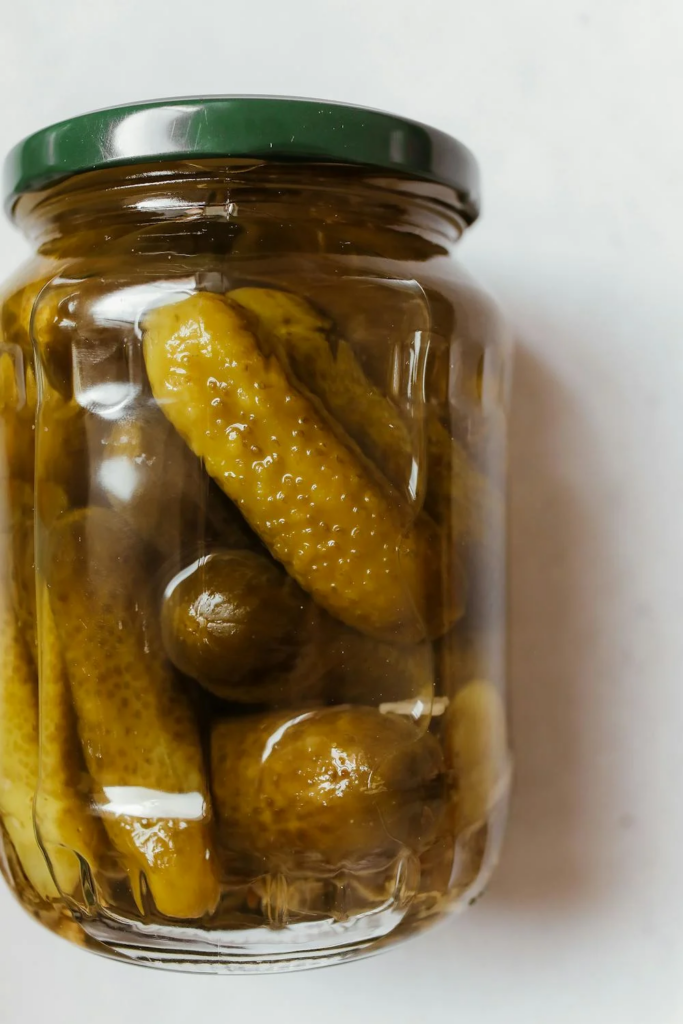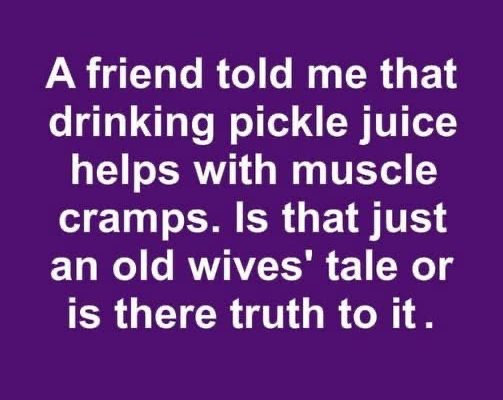Chronic liver disease, or cirrhosis, is frequently brought on by extreme alcohol misuse and can be fatal.
Additionally, it is rife with severe symptoms that can negatively affect the quality of life for individuals who have it.
“Patients with cirrhosis experience a multitude of challenges, like poor sleep patterns, frailty and muscle cramps,” said Elliot Tapper, M.D., a hepatologist and associate professor of internal medicine at Michigan Medicine. “And even though they are suffering, patients don’t always tell their providers that they’re experiencing muscle cramps.”
Interestingly, regardless of the severity of their disease, two out of every three people with cirrhosis have some form of muscle cramp.

“We surveyed hundreds of people with cirrhosis. We found, compared to other cirrhosis-related symptoms, that muscle cramps had the highest impact on their daily quality of life,” said Tapper. “This is worrisome, given that cramps can cause pain, interfere with sleep and significantly limit one’s mobility.”
Because of the “extremely limited” available treatments for cramps, Tapper and a group of other physicians decided to investigate the potential benefits of pickle juice consumption for cirrhotic cramps. The American Journal of Gastroenterology recently published its findings.
“In previous studies, just one tablespoon of pickle juice has been shown to stop experimentally-induced cramps pretty effectively,” said Tapper. “It’s the acid in the brine that triggers nerves in the back of the throat, which then turns the cramp off. So, it made sense for us to explore this new angle of cirrhotic cramps.”
The study’s participants included 82 cirrhosis patients in total. Additionally, all participants reported having severe cramping in their muscles more than four times throughout the previous month.
Patients were randomly assigned to either the pickle juice group or the control group, which sipped tap water, for the duration of the 28-day study.
“Individuals in the tap water arm were instructed to use tap water during the study, while individuals within the pickle juice arm were asked to purchase jars of pickles of their choice. As long as they were dill or kosher pickles—not sweetened and/or bread and butter,” said Tapper.
“Patients with cirrhosis experience a multitude of things, like poor sleep patterns, frailty and muscle cramps. And patients don’t always tell their providers that they’re experiencing muscle cramps.”
After that, during the research window, the patients were instructed to note the time, place, and length of their muscle cramps.
Additionally, when their cramping bouts started, they were told to take a tiny sip of tap water or one tablespoon of pickle juice.
“We also conducted follow-up assessments with our patients, in which a text service sent them automated messages on a pre-set schedule to determine cramp frequency and severity,” said Tapper. “This method also assessed how frequently they were consuming tap water or pickle juice, per the study’s guidelines.”
By lessening the intensity of muscle cramping, the researchers discovered that pickle juice outperformed tap water.
“More patients in the pickle juice arm reported that their cramps were stopped by the intervention – 69% compared to 40% in the tap water arm,” said Tapper. “But the pickle juice didn’t improve overall quality of life, maybe because it couldn’t prevent the cramps.”
According to Tapper, pickle juice is a “low-cost, widely available and safe first-line therapy for cirrhotic cramping” in comparison to other current treatments for muscle cramps.
“If there is any takeaway from this study, I want people to know that muscle cramps are quite common and patients with cirrhosis have multiple unmet needs that are unnecessarily diminishing their quality of life,” said Tapper. “These findings excite me because we have something simple here that might help. Hope is out there.”

